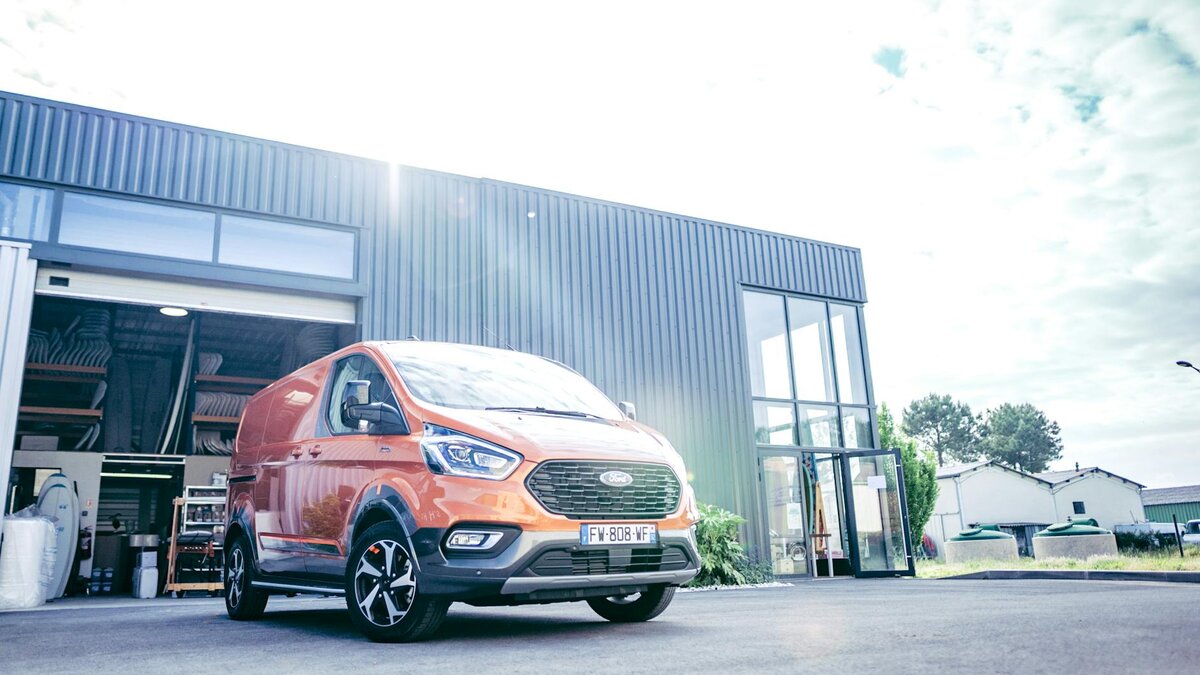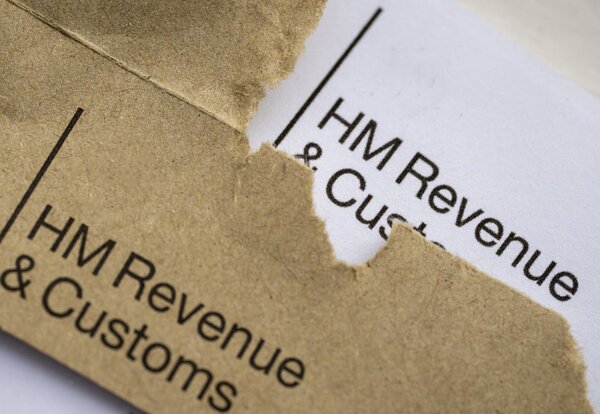Let’s Get Started
Navigating company car tax doesn’t have to be overwhelming. Whether you're driving an electric vehicle, a hybrid, or a petrol or diesel model, understanding how Benefit in Kind (BIK) tax works can help you make smarter, more cost-effective decisions.
This guide breaks down everything you need to know about company car tax for the 2024/25 tax year from how it’s calculated to the latest BIK rates, fuel types, CO2 emissions, and tax-saving tips. Let’s explore how your company car affects your take-home pay and how you might save more with the right choices.
What is BIK tax and how does it work?
Company car tax (officially called Benefit in Kind or BIK tax) applies when your employer provides you with a car that you can use outside of work. To understand how company car tax works, HMRC treats this perk as extra income, so they tax it as a benefit in kind.
The more expensive or polluting your company car, the more tax you’ll pay. You are required to pay tax on this benefit, and the tax comes out of your salary through your PAYE tax code, so you’ll see it reducing your monthly pay.
Electric vehicles currently enjoy much lower BIK rates, which is why they’re becoming a popular choice for company cars.
How company car tax is calculated
To calculate company car tax, you need to follow a step-by-step process that considers the car's list price, CO2 emissions in g/km, and your personal tax situation.
Calculating company car tax starts with the P11D value, which is the car's list price including extras and VAT, but excluding the first registration fee and road tax. This value is then multiplied by the BiK percentage (the percentage rate set by the government) based on the car’s CO2 emissions in g/km and electric range. The higher the car's emissions, the higher the BiK percentage and percentage rate applied. This calculation helps determine how much tax you will pay, and allows you to estimate how much tax is due on your company car.
The result gives you your BiK value, which is then multiplied by your income tax rate according to your income tax band, tax band, tax bracket, or income tax bracket (20%, 40% or 45%) to work out your annual tax. The amount you have personally paid towards the car or its benefits can reduce the taxable value, affecting the final tax paid.
Diesel cars typically face a 4% surcharge unless they meet the latest emissions standards (RDE2), making them less tax-efficient than their petrol counterparts.
Current BIK tax rates
Electric cars currently have a super-low 2% BIK rate for the 2024/25 tax year, making them very tax-efficient. Hybrid cars and electric vehicles benefit from lower emissions and better fuel efficiency, which means they often qualify for lower tax rates. Hybrid vehicles have rates that depend on their electric-only range and emissions.
BIK rates vary depending on fuel type and the level of emissions produced by the vehicle. The further hybrids can go on electric power alone, the lower the tax. Conventional petrol cars and diesel vehicles start at 15% BIK rate for the lowest emission models, climbing to 37% for gas-gusslers and less fuel-efficient diesel cars.

CO2 Emissions and Company Car Tax
CO2 emissions are a key factor in how company car tax is calculated. The UK government uses a banding system that assigns company car tax rates based on the amount of carbon dioxide a vehicle emits. The lower the CO2 emissions, the lower the benefit in kind (BIK) tax rate you’ll pay.
For example, electric cars, which produce sero emissions, currently attract a BIK rate of just 2%, making them one of the most tax-efficient choices for company car drivers. On the other hand, diesel cars with higher CO2 emissions are subject to higher BIK rates and often an additional surcharge, making them less attractive from a tax perspective.
Employers and employees should pay close attention to a car’s CO2 emissions when selecting a company car, as this directly impacts the overall tax liability. By choosing low-emission vehicles, such as electric cars or plug-in hybrids, drivers can significantly reduce their company car tax bill while also supporting a greener environment.
Understanding how CO2 emissions affect company car tax rates empowers both employers and company car drivers to make informed, cost-effective decisions.
Company Car Tax and Business Use
How a company car is used, whether for business, personal, or a mix of both, directly affects company car tax. If a company car is used solely for business purposes, employers may be able to claim tax relief on running costs, and the employee may avoid benefit in kind tax altogether.
However, as soon as a company car is used for personal journeys, even occasionally, the employee becomes liable for benefit in kind tax based on the car’s taxable value.
To reduce tax liability, employers can implement business-use-only policies or require employees to keep detailed mileage logs to clearly separate business and personal use. This not only helps with accurate company car tax calculations but can also lower the overall tax bill for company car drivers.
Understanding the tax implications of business use allows both employers and employees to optimise their company car arrangements and ensure compliance with HMRC rules.
Company Car Tax and Personal Use
Personal use of a company car can significantly increase the amount of company car tax you pay. When an employee uses a company car for personal journeys, such as commuting or weekend trips, this is treated as a benefit in kind, and the taxable value is calculated based on the car’s list price, CO2 emissions, and other factors. The more personal use, the higher the benefit in kind tax liability.
To minimise company car tax, employees might consider making personal contributions towards the car’s running costs or using their own vehicle for personal journeys. Employers can also help by setting clear policies that restrict personal use or by offering alternative transportation options for non-business travel.
Staying up-to-date with the latest UK government tax rules is crucial, as changes in regulations can affect the tax implications of personal use. By understanding how personal use impacts company car tax, both employers and company car drivers can make smarter decisions and potentially reduce their overall tax bill.

Company Car Tax and Personal Use
Personal use of a company car can significantly increase the amount of company car tax you pay. When an employee uses a company car for personal journeys, such as commuting or weekend trips, this is treated as a benefit in kind, and the taxable value is calculated based on the car’s list price, CO2 emissions, and other factors. The more personal use, the higher the benefit in kind tax liability.
To minimise company car tax, employees might consider making personal contributions towards the car’s running costs or using their own vehicle for personal journeys. Employers can also help by setting clear policies that restrict personal use or by offering alternative transportation options for non-business travel.
Staying up-to-date with the latest UK government tax rules is crucial, as changes in regulations can affect the tax implications of personal use. By understanding how personal use impacts company car tax, both employers and company car drivers can make smarter decisions and potentially reduce their overall tax bill.
Tax-saving strategies
Choosing an electric or ultra-low emission vehicle is the most obvious way to slash your company car tax bill. Salary sacrifice schemes can be particularly tax-efficient for electric cars, as company car benefits are considered taxable income and can impact the amount of tax you pay through PAYE.
Think twice about optional extras, that fancy sound system or bigger wheels will increase the car’s P11D value and therefore your tax. If your employer pays for all your fuel, including private journeys, you’ll face an additional fuel benefit charge.
Sometimes it’s cheaper to consider paying for your own private fuel, as this can reduce your overall tax liability. Company vans often attract less tax than cars, so they’re worth considering if suitable for your needs. Additionally, travel expenses provided by your employer may also be treated as a taxable benefit-in-kind.
Special situations and exceptions
Pool cars (vehicles shared by employees and kept at business premises overnight) don’t attract BIK tax if they meet certain conditions, such as ensuring there is no private usage or private use by employees. If any private use or private usage occurs, BIK taxes will apply.
Disabled drivers may qualify for tax exemptions or lower rates on vehicles adapted for their needs, resulting in reduced taxes in these situations.
If you get or return a company car mid-tax year, your BIK tax is calculated on a pro-rata basis. Even during maternity or paternity leave, company car tax still applies unless you return the vehicle.
Classic cars over 15 years old with a market value over £15,000 are taxed differently, based on their engine sise rather than emissions. This can be advantageous for classic car enthusiasts.

Reporting and compliance
Your employer must submit P11D forms to HMRC by 6 July after each tax year ends, detailing the benefits provided to you. As an employee, you are required to pay taxes on company car benefits, which are calculated based on the Benefit-in-Kind (BIK) value. Always check your tax code to ensure it reflects the correct BIK amount for your company car.
If you use your company car for business and private travel, keeping a mileage log can be helpful for tax purposes. In addition to BIK tax, you may also need to consider vehicle excise duty (also known as road tax or car tax), which applies depending on the vehicle's emissions and usage. Any changes to your company car should be reported to HMRC promptly to ensure your tax code stays accurate.
Self-employed people can’t get company car tax as such, instead, they claim business vehicle expenses differently. This typically involves claiming a proportion of actual costs or using mileage rates.
Final thoughts
Company car tax might seem complicated, but understanding the basics helps you make smart choices about your wheels. With electric vehicles enjoying such low tax rates, now might be the perfect time to go green with your next company car.
Always factor in the BIK cost when weighing up a company car against a car allowance or using your own vehicle. The rules change regularly, so it's worth staying up to date with the latest rates and regulations.
Pie Tax
Working out your company car tax shouldn't give you a headache.
The Pie Tax app includes a built-in mileage tracker to help you stay on top of your daily travel and shows exactly how your company car affects your overall tax position.
Our tax experts are on hand to help you decide whether a company car, car allowance, or using your own vehicle makes the most financial sense for your personal situation.
Curious to see it in action? Explore the Pie tax app today and take control of your company car tax.











